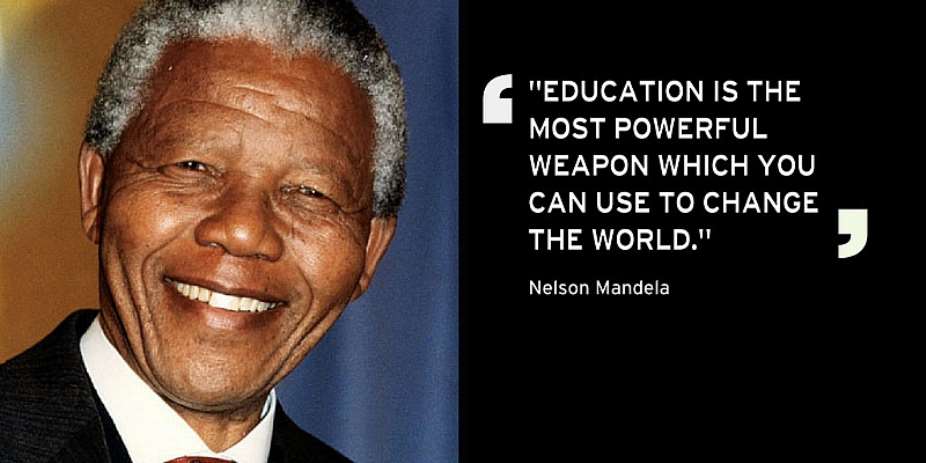South Africa’s National Development Plan is geared at investing in the country’s roads, hospitals, power utilities and other infrastructure – but without infrastructure specialists such as civil engineers, project managers, technologists and technicians, the country will continue to face challenges in delivering these projects due to a lack of skilled resources. Engineers in South Africa are in short supply and one of the reasons is that the country’s students don’t enjoy the financial support they need to pursue technical qualifications. For historically disadvantaged students, this is even a great challenge. It is for this reason that Aurecon continues to invest in engineering related bursary programmes and a variety of development initiatives for disadvantaged students.
Aurecon has contributed R2 million to each of the Departments of Civil Engineering at the University of Cape Town as well as the University of Stellenbosch. These contributions initially formed part of a five year programme that supports Black students who are pursuing post graduate degrees in civil engineering. Due to the success of this programme, Aurecon has continued to contribute towards the education of Black students who will become qualified and employable in South Africa’s engineering workforce. Other beneficiaries of this fund include the Civil Engineering Departments of the University of the Witwatersrand and the University of Pretoria.
Students who benefit from the scheme often express their gratitude for the support they receive from the company and many of these Black civil engineering students from the University of Stellenbosch and the University of Cape Town, who were on the programme, have taken up employment offers from Aurecon.
Expressing its appreciation for Aurecon’s funding, the University of Cape Town noted that the need for financial support for students and strategic initiatives is ever growing, and a bursary scheme such as Aurecon’s goes a long way in enabling students to further their training and education.
“Growing an inclusive organisation, building capabilities and enhancing the capacity of the state requires participation from all sectors to strengthen academia. We hope to make as many engineering students as future ready as possible through the Aurecon bursary graduate scheme,” commented Dean Naidoo, People Leader, Africa, Aurecon.
Managing Director Africa, Ferdi Nell, says that the private sector has a crucial role to play in helping South Africa’s tertiary education system produce the resources that it needs.
“The right technical skills need to be developed and cultivated at a tertiary level. Aurecon is privileged to be able to extend its funding to talented engineering students who will help pave the way to help South African government reach its infrastructure goals ,” says Nell.
“Each year, Aurecon South Africa invests some R35 million in skills development programmes. Not only do we focus on helping professionals pursue rewarding careers through these programme, but we also explore ways to help support talented young black people who are laying the groundwork to provide South Africa with the vital skills that it needs,” says Nell.
Aurecon has been investing in its own in-house bursary programme for more than 30 years.
The graduate bursary programme forms part of this plan and a portion of the R35 million is spent on Aurecon graduate bursary holders totalling 60 students at the moment of which 65% of them are black and 30% are women. Over the past financial year, 10 new external bursaries were awarded, and in its commitment to transformation and diversity, 80% of the 2017 bursary recipients are black and 90% are women. All of the bursary recipients that graduated in 2016 have since accepted permanent employment at Aurecon.





 Former Kotoko Player George Asare elected SRC President at PUG Law Faculty
Former Kotoko Player George Asare elected SRC President at PUG Law Faculty
 2024 elections: Consider ‘dumsor’ when casting your votes; NPP deserves less — P...
2024 elections: Consider ‘dumsor’ when casting your votes; NPP deserves less — P...
 You have no grounds to call Mahama incompetent; you’ve failed — Prof. Marfo blas...
You have no grounds to call Mahama incompetent; you’ve failed — Prof. Marfo blas...
 2024 elections: NPP creates better policies for people like us; we’ll vote for B...
2024 elections: NPP creates better policies for people like us; we’ll vote for B...
 Don’t exchange your life for wealth; a sparkle of fire can be your end — Gender ...
Don’t exchange your life for wealth; a sparkle of fire can be your end — Gender ...
 Ghana’s newly installed Poland train reportedly involved in accident while on a ...
Ghana’s newly installed Poland train reportedly involved in accident while on a ...
 Chieftaincy disputes: Government imposes 4pm to 7am curfew on Sampa township
Chieftaincy disputes: Government imposes 4pm to 7am curfew on Sampa township
 Franklin Cudjoe fumes at unaccountable wasteful executive living large at the ex...
Franklin Cudjoe fumes at unaccountable wasteful executive living large at the ex...
 I'll 'stoop too low' for votes; I'm never moved by your propaganda — Oquaye Jnr ...
I'll 'stoop too low' for votes; I'm never moved by your propaganda — Oquaye Jnr ...
 Kumasi Thermal Plant commissioning: I pray God opens the eyes of leaders who don...
Kumasi Thermal Plant commissioning: I pray God opens the eyes of leaders who don...
